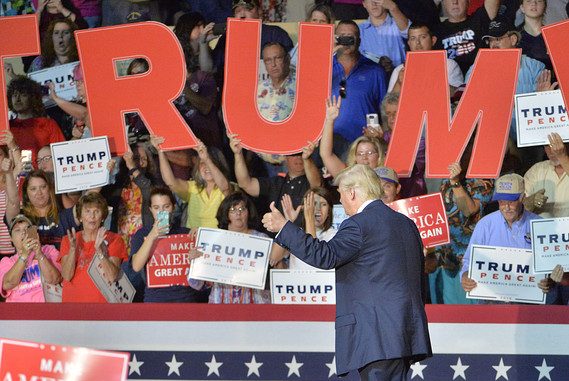
Democratic leader Nancy Pelosi said ordinary Americans would only get “crumbs” from the Trump cuts. The federal agency that does the math says those crumbs amounted to as much as $30 billion in January.
The Bureau of Economic Analysis raised its estimate of how much U.S. incomes rose in the first month of the year in response to widespread reports of businesses handing out onetime bonuses after the tax cuts became law. If those bonuses hadn’t been included, incomes barely would have risen in January.
The BEA also estimated that the tax cuts reduced personal taxes in January by a $115 billion annual rate.
The result: Disposable income — mostly what Americans take home after taxes — posted the biggest one-month gain since 2012. Disposable incomes leaped 0.9%.
How accurate are these numbers? Hard to say. The benefits could be higher since more companies have announced bonuses since the end of January. The government will update these estimates as more concrete figures become available.
Consider the impact of bonuses. The BEA admitted it based its calculation on “news releases” of companies that announced the bonuses. How, when and to whom those bonuses are paid won’t show up in the data for several months.
Don’t expect lawmakers to wait until then to trumpet or dismiss the benefits of the White House tax package for typical households, most of which got a tax break. Republicans tout the law every chance they get and the public reception has turned positive after months of being under water in the polls.
Democrats such as Pelosi, on the other hand, continue to attack the tax bill as a sop to the rich. Critics point out that companies are spending far more money on stock buybacks to enrich shareholders while new investment lags.
In a recent report, for example, Goldman Sachs estimated that publicly announced buybacks had reached almost $70 billion in the first six weeks of 2018, and they were likely to go much higher.






Be the first to comment